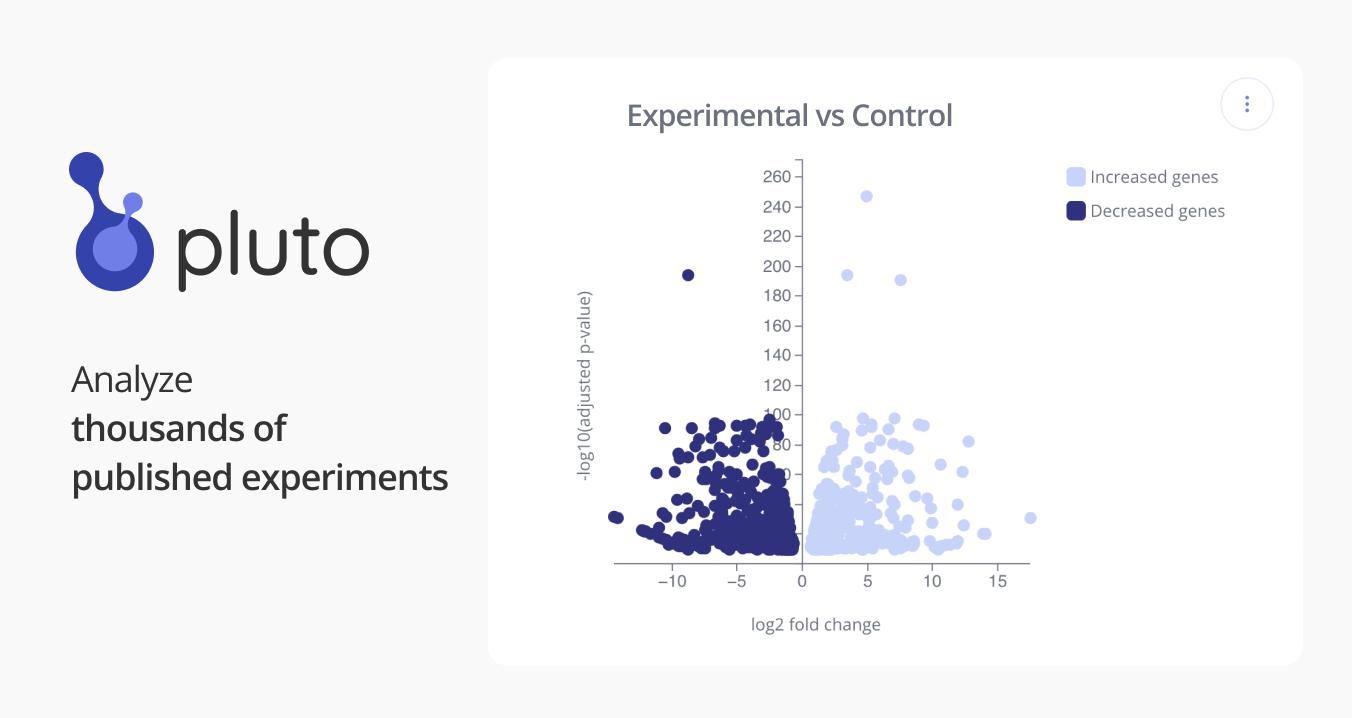Pluto Bioinformatics
GSE89226: Analysis of gene expression (RNAseq) from shTP53:RB1 LNCaP/AR cell lines
Bulk RNA sequencing
Some cancers evade targeted therapies through a mechanism known as lineage plasticity, whereby tumor cells acquire phenotypic characteristics of a cell lineage whose survival no longer depends on the drug target. Here we show, using in vitro and in vivo prostate cancer models, that these tumors can develop resistance to the antiandrogen drug enzalutamide by a phenotypic shift from androgen receptor (AR) dependent luminal epithelial cells to AR independent basal-like cells. This lineage plasticity is enabled by loss of TP53 and RB1 function, is mediated by increased expression of the reprogramming transcription factor SOX2 and can be reversed by restoring TP53 and RB1 function or by inhibiting SOX2 expression. Thus, mutations in tumor suppressor genes can create a state of increased cellular plasticity that, when challenged with antiandrogen therapy, promotes resistance through lineage switching. SOURCE: Ping Mu (muping817@gmail.com) - Charles L. Sawyers Lab Memorial Sloan Kettering Cancer Center
